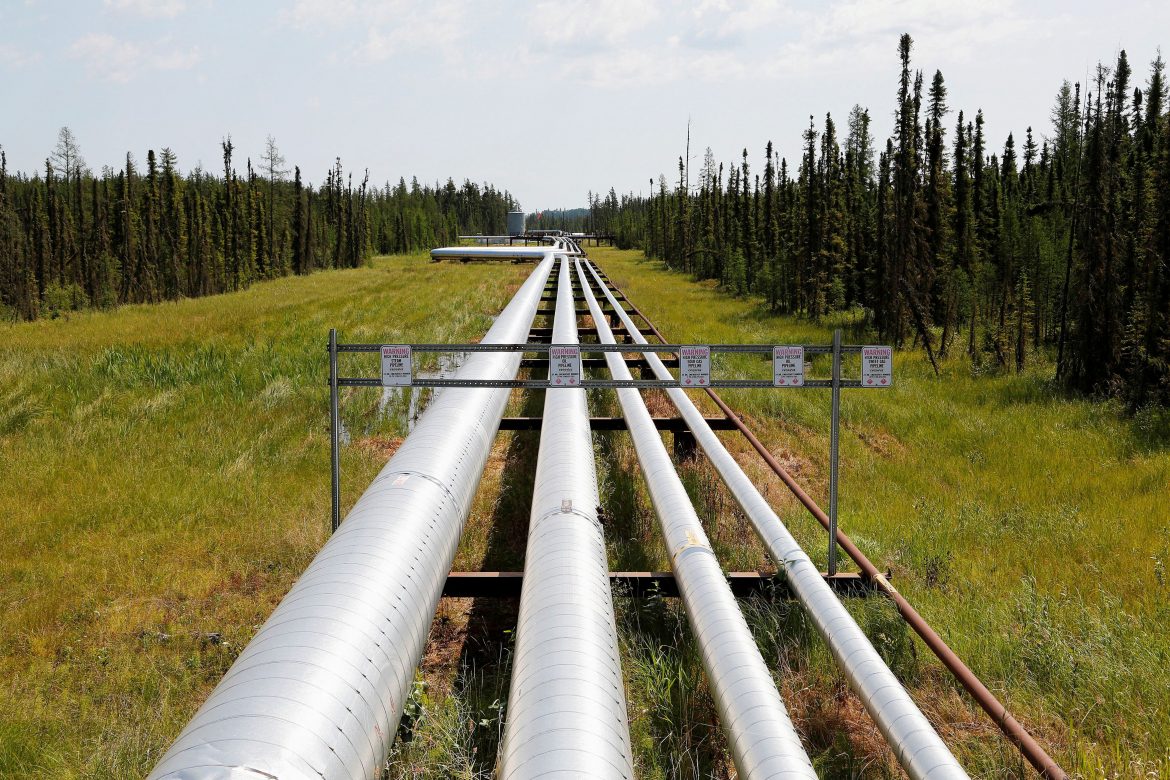Alberta’s environment minister has said that Canada’s proposed oil and gas emissions cap is a stumbling block in Western Canada’s province discussions with the federal government about clean-energy policies including carbon capture and storage (CCS) needed to meet Canada’s ambitious 2030 climate targets.
Canada’s emissions-cutting commitments this year could be pushed further backwards by opposition to federal climate policies from the oil-rich province of Alberta and the province’s Environment Minister Sonya Savage told reporters in an interview that the federal government’s proposed emissions cap for the oil and gas industry that is due this year is holding up work on other issues such as provincial support for carbon capture and storage (CCS).
“We just need to get this emissions cap on a better trajectory and approach it in a different way, before we can really succeed in everything else,” Savage was quoted as saying.
As the world’s fourth-largest oil producer, Canada lags behind many global peers in tackling emissions, thereby jeopardizing the goal of Prime Minister Trudeau’s Liberal government to cut greenhouse gas output by at least 40% from 2005 levels by 2030.
Read also: UN chief warns rising seas threaten mass exodus
The oil and gas sector is Canada’s highest-polluting industry, accounting for more than a quarter of all emissions. Alberta plans to challenge the cap in court, saying it would amount to a cap on production which continues to rise after it lost a case against the federal government’s carbon pricing policy in the Supreme Court.
Meanwhile, a spokesperson for the federal Environment Ministry said officials are still gathering information to ensure the cap is “ambitious but realistic” as the country needs to pack nearly all its decarbonization into eight years to meet its 2030 target after a European Emissions Database for Global Atmospheric Research report published last year showed Canada’s emissions rose in 2021, and have only fallen 3% since 2005.
The size of Canada’s oil and gas industry means the country will struggle to meet its 2030 goals without significant emissions cuts from that sector, and producers are counting on CCS projects to reduce a large chunk of their carbon pollution.
Even so, the Pathways Alliance, a group of six companies representing 95% of oil sands production, says only about 30% reduction in emissions is achievable by 2030 compared to the government’s goal of at least a 40% reduction.
“We’ve been engaging with their economic modellers, and I think they’ve recognized that those targets…were probably not completely based on accurate data and are probably overly ambitious,” said Mark Cameron, vice president of external relations for the Pathways Alliance.
Story was adapted from Reuters.
